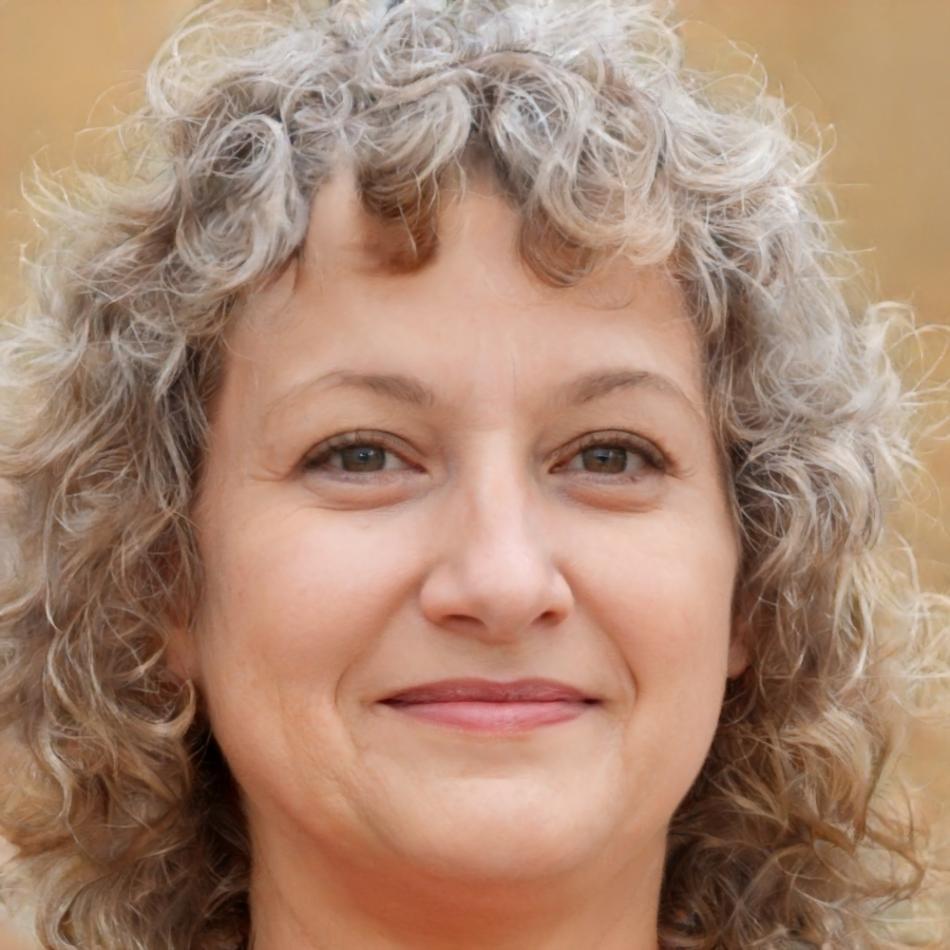Budget Planning Without the Confusion
Started in 2022 from a simple observation—businesses needed budget help that actually made sense. We've spent three years turning spreadsheet chaos into clarity for teams across Thailand's growing markets.
Most budget training feels like solving a puzzle blindfolded. We changed that by focusing on what actually matters: building budgets you can trust and plans that reflect real business conditions.

Why We Started This
Back in 2022, I kept seeing the same problem. Business owners would come to financial consultations with budgets that didn't reflect their actual operations. The numbers looked fine on paper but fell apart when real expenses hit.
After working with about forty businesses that year, a pattern emerged. People understood their business but struggled with translating that knowledge into master budgets. The gap wasn't skill—it was approach.
So we built a learning program that bridges that gap. Not theory-heavy courses that put you to sleep, but practical frameworks you can apply the same week. Our first cohort started in September 2023 with twelve participants from retail and service sectors around Ratchaburi.
How We Work Differently
Three core principles guide everything we teach. These aren't revolutionary ideas—they're just rarely applied together in budget education.
Reality-Based Scenarios
We use actual business cases from Thailand's market conditions. Revenue fluctuations, seasonal patterns, supply chain delays—the messy stuff that textbooks skip. Your practice budgets deal with real variables you'll face.
Iterative Building Method
Master budgets aren't created in one sitting. We break them into manageable pieces—sales forecasts, production costs, cash flow projections—then show you how they connect. Build confidence with each component before moving forward.
Peer Review Sessions
Monthly review sessions where participants analyze each other's budgets. You spot assumptions you'd miss in your own work and learn from different industry approaches. Some of our best insights come from these peer discussions.

Reverie Halston
Lead Budget Instructor
Meet Your Primary Instructor
Reverie came to budget planning through manufacturing finance—seven years managing production costs for mid-sized operations before shifting to education in 2021. That background shapes how she teaches. Budgets aren't abstract financial exercises; they're tools that determine whether you can order materials next quarter.
Her teaching style leans practical. Expect fewer lectures and more working sessions where you build budgets with guidance. She'll catch planning gaps you didn't know existed and suggest adjustments based on what she's seen work across different business types.
What participants appreciate most? Reverie explains variance analysis without making your eyes glaze over. She connects budget concepts to actual business decisions—why flexible budgets matter when demand shifts, how to adjust forecasts when suppliers change terms, when zero-based budgeting makes sense versus incremental approaches.
- Master budget architecture and component integration
- Cash flow projection techniques for seasonal businesses
- Cost behavior analysis across different industry models
- Budget variance interpretation and adjustment strategies
Questions by Journey Stage
Organized by when people typically ask them—from considering enrollment through program completion.
Understanding What You're Getting Into
What budget experience do I need before starting?
Basic spreadsheet skills and understanding of income statements. If you can read a profit and loss report and navigate Excel formulas, you have enough foundation. We'll build budget-specific skills from there.
How do programs accommodate different business types?
Core principles apply across industries, but application varies. Service businesses focus more on labor cost allocation while product companies emphasize material costs and inventory budgets. Exercises include scenarios for both models.
When does the next program cohort begin?
Next enrollment opens August 2025 for an October start. Program runs twelve weeks with sessions twice weekly. We cap groups at sixteen participants to maintain quality feedback during review sessions.
Making the Most of Learning Time
What happens if I miss a session?
Recordings available within twenty-four hours, plus session notes with key points. You won't miss content, but peer discussions are harder to replicate. Most participants make up missed sessions by joining office hours for questions.
How much time should I plan for homework?
Budget four to six hours weekly outside sessions. Most time goes to building your practice budget progressively—sales forecasts in week three, production budgets in week five, cash flow projections in week eight. Work accumulates toward your final master budget.
Can I apply concepts to my actual business budget?
Many participants do exactly that. By week six, you have enough framework to start parallel tracking. Some bring their real data to peer reviews for feedback, though we also provide practice scenarios if you prefer learning with sample numbers first.
Putting Skills to Work
What support continues after graduation?
Access to monthly alumni sessions where graduates discuss real implementation challenges. Also quarterly updates covering budget best practices as business conditions change. Email support for specific technical questions continues six months post-program.
How long before I see improvement in budget accuracy?
Depends on your starting point and business complexity. Most participants report noticeably better forecasting within two budget cycles—typically six months. The real test comes when you're a year out and can compare your projections against actual results.
Do you offer advanced programs for specific topics?
Currently developing a deep-dive on rolling forecasts and scenario planning, planned for late 2026. Based on alumni requests, we're also exploring a workshop series on capital budgeting decisions. Check back in mid-2025 for confirmed schedules.